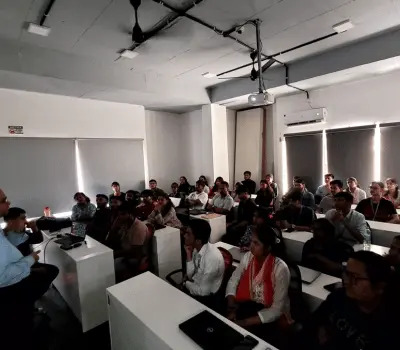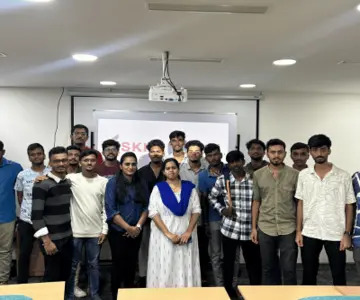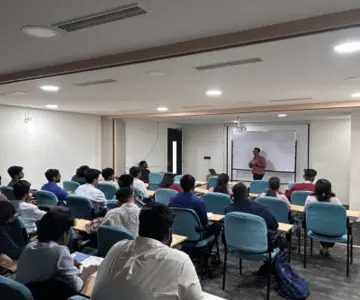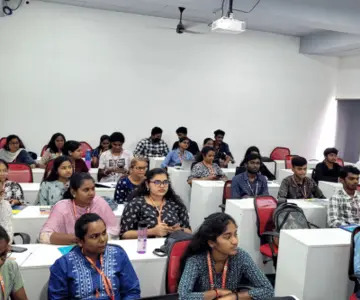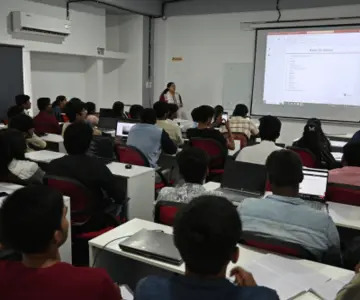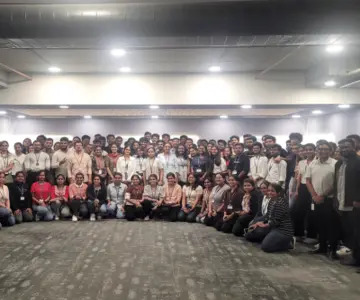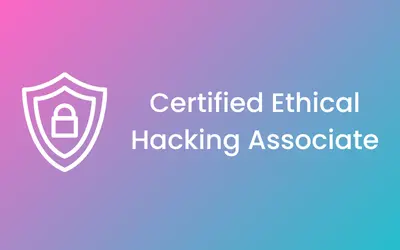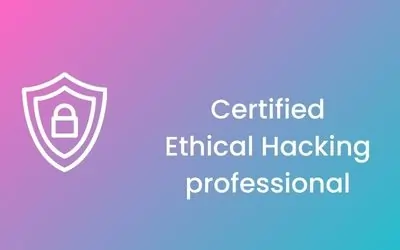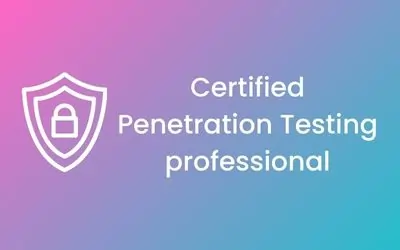CYBER SECURITY TRAINING IN GORAKHPUR
-

-
(15432 Reviews)
-
Skills: Acquire essential cybersecurity skills in Gorakhpur, including network security, ethical hacking, incident response, and risk management.
-
Career: Explore diverse career opportunities in Gorakhpur as a cybersecurity analyst, penetration tester, security consultant, or network security engineer.
-
Syllabus: In this comprehensive training program in Gorakhpur, learn about threat detection, cryptography, secure coding practices, compliance frameworks, and cybersecurity management.















